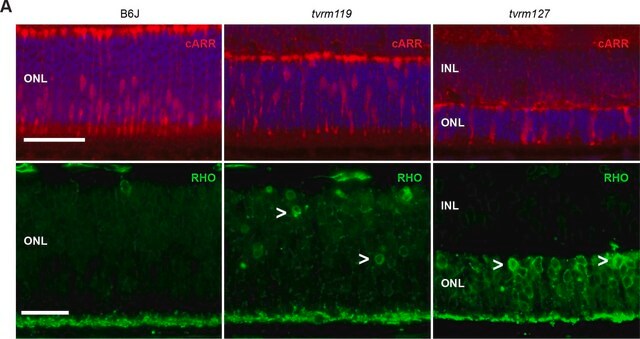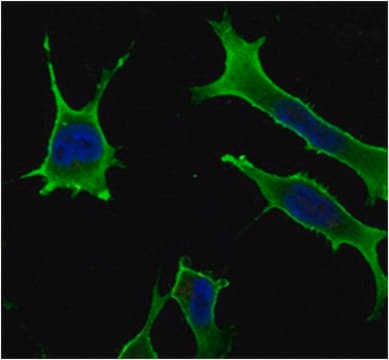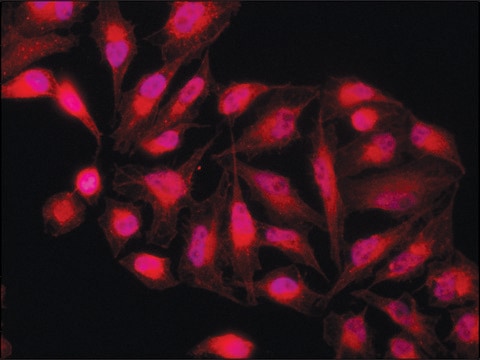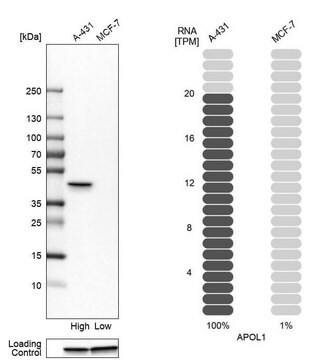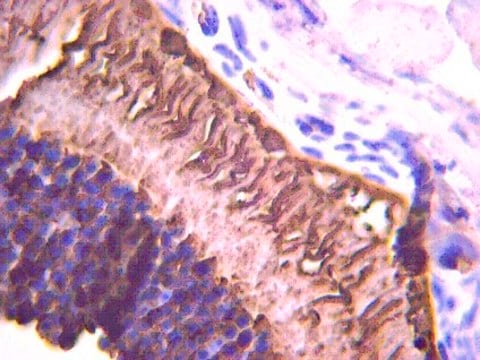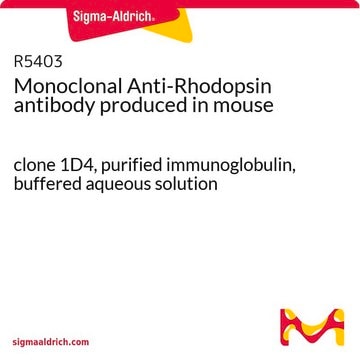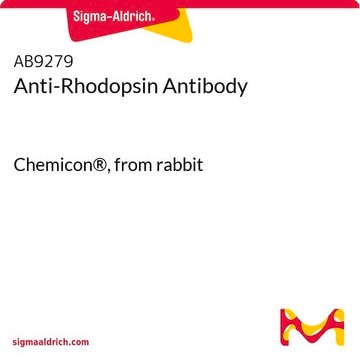MABS385
Anti-APOL1 Antibody, clone 1D4
ascites fluid, clone 1D4, from mouse
Synonym(s):
APOL, APO-L, APOL-I, Apolipoprotein L1, Apolipoprotein L, Apolipoprotein L-I
About This Item
Recommended Products
biological source
mouse
Quality Level
antibody form
ascites fluid
antibody product type
primary antibodies
clone
1D4, monoclonal
species reactivity
human
technique(s)
western blot: suitable
isotype
IgG1
UniProt accession no.
shipped in
wet ice
target post-translational modification
unmodified
Gene Information
human ... APOL1(8542)
General description
Immunogen
Application
Quality
Western Blotting Analysis: A 1:500-2,000 dilution of this antibody detected APOL1 in human plasma.
Optimal working dilutions must be determined by end user.
Target description
Analysis Note
Human plasma lysate
Not finding the right product?
Try our Product Selector Tool.
Storage Class Code
12 - Non Combustible Liquids
WGK
nwg
Flash Point(F)
Not applicable
Flash Point(C)
Not applicable
Certificates of Analysis (COA)
Search for Certificates of Analysis (COA) by entering the products Lot/Batch Number. Lot and Batch Numbers can be found on a product’s label following the words ‘Lot’ or ‘Batch’.
Already Own This Product?
Find documentation for the products that you have recently purchased in the Document Library.
Our team of scientists has experience in all areas of research including Life Science, Material Science, Chemical Synthesis, Chromatography, Analytical and many others.
Contact Technical Service